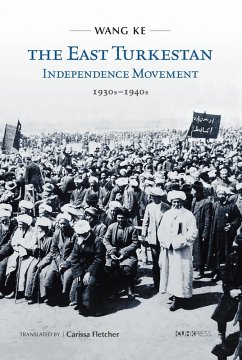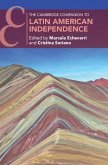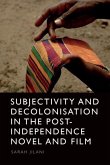Based on rare firsthand historical data, Wang Ke presents the analysis of the East Turkestan from the perspective of Islamic social structure, the origin and evolution of thoughts on national revolution, the power structure of the Republic, and international politics. The original Japanese edition of this book has been recognized as the most authoritative research work on the independence movement of East Turkestan. This revised, enriched English edition provides valuable references for the prominent issues of Xinjiang today."e;For those intrigued by the modern history of China's Xinjiang region, this detailed study of the 1940s invites the reader to explore a tempestuous decade marked by conflict and turmoil as Uyghurs, Kazakhs and other ethnic groups sought to form an independent state, the East Turkestan Republic. Understanding the complex involvement of powerful outside forces, a brutal world war, and an opportunity for groups that saw a chance at independence requires careful examination, and Professor Wang's book does an admirable job in doing so. His exceptionally wellwritten book offers numerous insights, many based on materials that range from diaries and documents to memoirs and personal interviews. Altogether, Wang's recently translated account strengthens our understanding of Xinjiang's mid20th century conundrum."e;-Linda Benson, Professor Emerita, Oakland University"e;The history of efforts to build an independent East Turkestan in the 1930s and 1940s is complex and controversial. Wang Ke's detailed reading of 20thcentury Chinese and Uyghur sources, complemented by Japanese secondary materials, informs a valuable account of the Sheng Shicai era in Xinjiang, the shortlived Eastern Turkestan movement of 1933-1934 and especially of the Eastern Turkestan Republic that governed northern Xinjiang from 1944 to 1949, a state whose influence is still felt today despite efforts to erase it from official narratives. This research, now available in English, is an important addition to the growing library of work on modern Xinjiang and Uyghur history."e;-James Millward, Professor, Georgetown University
Dieser Download kann aus rechtlichen Gründen nur mit Rechnungsadresse in A, B, BG, CY, CZ, D, DK, EW, E, FIN, F, GR, HR, H, IRL, I, LT, L, LR, M, NL, PL, P, R, S, SLO, SK ausgeliefert werden.
Hinweis: Dieser Artikel kann nur an eine deutsche Lieferadresse ausgeliefert werden.









